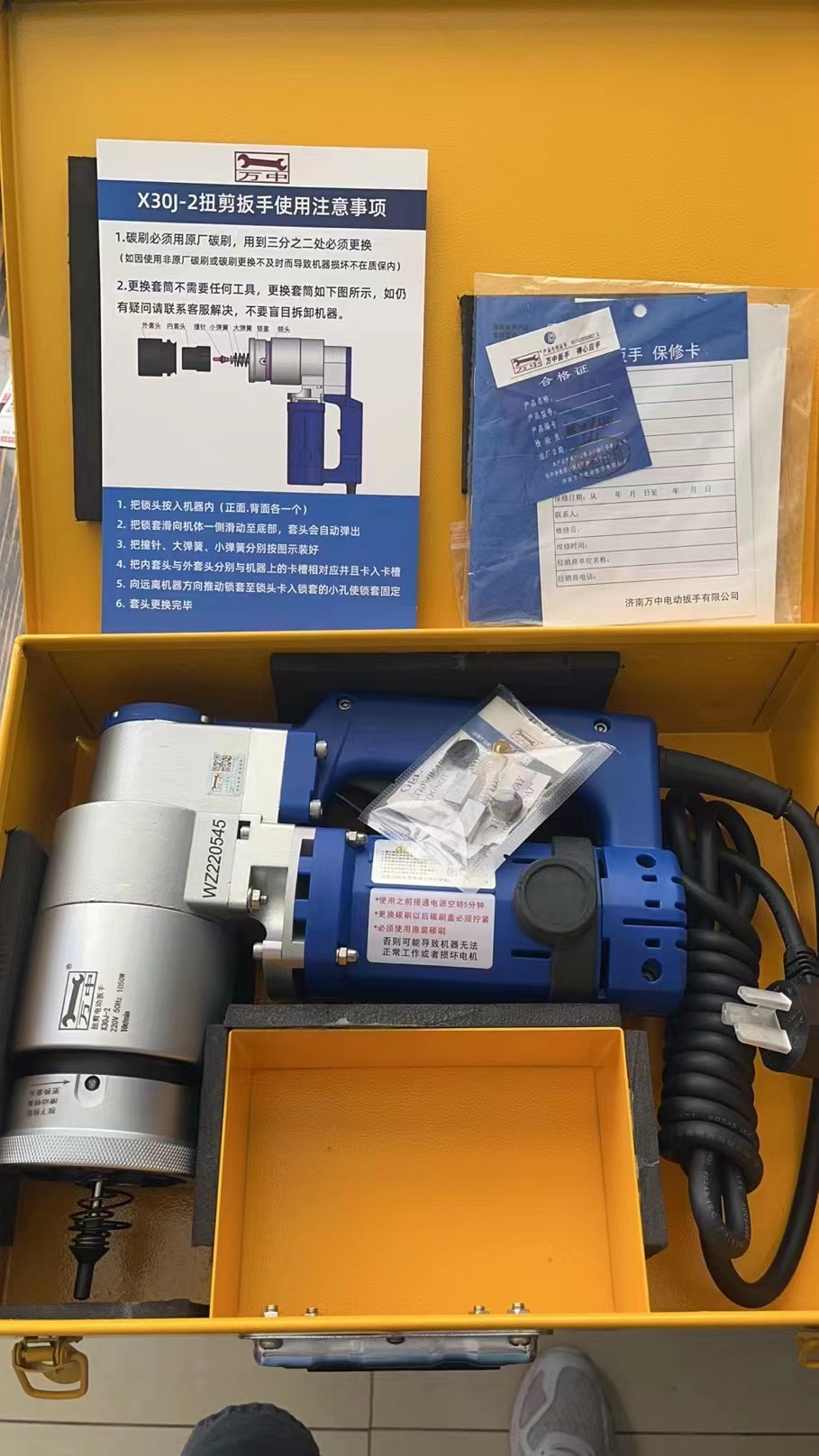高强度螺栓等级划分:有8.8级,9.8级,10.9级,12.9级四个等级。高强螺栓主要应用在钢结构工程上。高强螺栓的施工需要先初拧后终拧。高强螺栓就是高强度的螺栓,属于一种标准件。高强螺栓的形状、连接构造与普通螺栓基本相同。
Classification of high strength bolts: grade 8.8, 9.8, 10.9 and 12.9. High strength bolts are mainly used in steel structure engineering. The construction of high-strength bolts requires initial tightening before final tightening. High strength bolt is a high strength bolt, which belongs to a standard part. The shape and connection structure of high-strength bolts are basically the same as those of ordinary bolts.
有四个等级。有8.8级,9.8级,10.9级,12.9级。
There are four levels. There are 8.8, 9.8, 10.9 and 12.9 levels.
高强螺栓,使用日益广泛。常用8.8和10.9两个强度等级,其中10.9级居多。普通螺栓强度等级要低,一般为4.4级、4.8级、5.6级。
High strength bolts are increasingly used. Two strength grades, 8.8 and 10.9, are commonly used, of which 10.9 is the majority. The strength grade of ordinary bolts shall be low, generally 4.4, 4.8 and 5.6.
高强螺栓主要应用在钢结构工程上。高强螺栓的一个非常重要的特点就是限单次使用,一般用于长时间连接,严禁重复使用。
High strength bolts are mainly used in steel structure engineering. A very important feature of high-strength bolts is that they are limited to single use. They are generally used for long-term connection and are strictly prohibited from repeated use.
高强螺栓的施工需要先初拧后终拧,初拧高强螺栓需用冲击型电动扳手或扭矩可调电动扳手;而终拧高强螺栓有严格的要求,终拧扭剪型高强螺栓需要用扭剪型电动扳手,终拧扭矩型高强螺栓㤇用扭矩型电动扳手。
The construction of high-strength bolts requires initial tightening before final tightening, and the initial tightening of high-strength bolts requires impact electric wrench or torque adjustable electric wrench; The final tightening of high-strength bolts has strict requirements. The final tightening of torsional shear high-strength bolts requires a torsional shear electric wrench, and the final tightening of torque high-strength bolts requires a torque electric wrench.
高强螺栓就是高强度的螺栓,属于一种标准件。一般情况下,高强度螺栓可承受的载荷比同规格的普通螺栓要大。
High strength bolt is a high strength bolt, which belongs to a standard part. Generally, the load that high-strength bolts can bear is larger than that of ordinary bolts of the same specification.
高强螺栓的形状、连接构造与普通螺栓基本相同,两者的主要区别是:普通螺栓连接依靠杆身承压和抗剪来传递剪力,在扭紧螺帽时螺栓产生的预拉力很小,其影响不予考虑;高强螺栓连接的工作原理是有意给螺栓施加很大的预拉力,使被连接件接触面之间产生挤压力,因而垂直于螺杆方向有很大摩擦力,依靠这种摩擦力来传递连接剪力。高强螺栓的预拉力是通过扭紧螺帽实现的,普通高强螺栓一般采用扭矩法、转角法。扭剪型高强螺栓则采用扭断螺栓尾部以控制预拉力。
The shape and connection structure of high-strength bolts are basically the same as those of ordinary bolts. The main differences between the two are: ordinary bolt connections rely on the pressure bearing and shear resistance of the rod body to transmit the shear force, and the pretension produced by the bolts when tightening the nuts is very small, and its impact will not be considered; The working principle of high-strength bolt connection is to deliberately exert a great pre tension on the bolt, so that there is a squeeze force between the contact surfaces of the connected parts. Therefore, there is a great friction force perpendicular to the screw direction, and the connection shear force is transmitted by this friction force. The pretension of high-strength bolts is achieved by tightening the nut. The torque method and angle method are generally used for ordinary high-strength bolts. Torsional shear type high-strength bolt adopts twisting the bolt tail to control the pretension.
高强螺栓连接的螺栓采用10.9S级或8.8S级高质量合金结构钢并经过热处理制作而成,高强度螺栓孔应采用钻成孔。摩擦型连接的高强度螺栓的孔径比螺栓公称直径d大1.5~2.0mm;承压型连接的高强度螺栓的孔径比螺栓公称直径d大1.0~1.5mm。
The bolts connected by high-strength bolts are made of 10.9s or 8.8s high-quality alloy structural steel through heat treatment, and the high-strength bolt holes shall be drilled. The hole diameter of the high-strength bolt for friction type connection is 1.5 ~ 2.0mm larger than the nominal diameter D of the bolt; The hole diameter of the high-strength bolt for pressure bearing connection is 1.0 ~ 1.5mm larger than the nominal diameter D of the bolt.
本文的精彩内容由
扭剪扳手提供知识提供,本网站还有很多的精彩内容,更多的内容您可以点击进入:我们有专门的客服为您解答问题
The highlight of this article is the price of torsion shear wrench Provide knowledge. There are many wonderful contents on this website. You can click to enter more contents: we have special customer service to answer your questions
